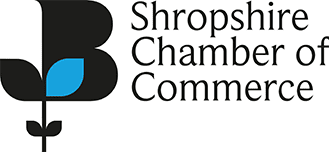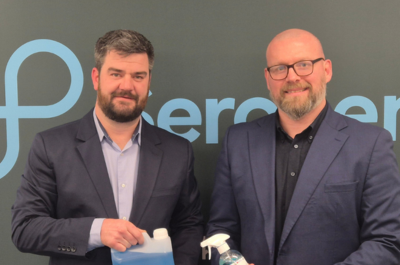Shropshire social media users have been warned they need to know how creating content can affect their tax responsibilities.
Natalie Bate, from Dyke Yaxley Chartered Accountants in Shrewsbury, said social media use had grown at a furious rate in recent years and there had been an increase in people making it their career.
“Today 83 per cent of the UK population uses social media and the global influencer market was valued at over 16 billion pounds in 2023. This has tripled since 2019, with over 50 million people globally considering themselves to be content creators, despite the online creator economy only existing for a decade.”
Natalie said this new market was now generating a significant percentage of the UK’s self-employed income, especially among younger people.
“But it’s concerning that those content creators may not be aware of the tax reporting requirements their income brings.”
Instagram influencers earn an average of £2,137 per month, with micro-influencers (fewer than 10,000 followers) earning £1,021pm on average, and mega-influencers (over one million followers) earning an average of £11,050 per month in the UK.
“Fashion brands pay micro influencers an average of £800 for a reel, and macro influencers receive an average of £2,000. Mega influencers are so powerful they have the ability to set their own rate,” said Natalie.
UK influencers earn an average of £117.48 per hour – that’s £137,000 per year based on full-time working hours, which puts the UK second in the highest online earners table behind the USA.
“In the future, many new high net worth entrepreneurs are likely to have social media backgrounds so it’s vital that content creators understand the way their income will be taxed right from the start, as it will not be taxed at source like PAYE paid roles.
“This may seem simple as you’re taxed on income minus expenses, but the nature of the work blurs the lines between income and expenses.
“A contract for £10,000 is taxable income, but what if the contract is paid in designer handbags or vouchers? And what about gifts that are purely speculative where no contact is signed?
“Make-up for a Get Ready With Me (GRWM) video on TikTok may appear to be clearly an expense, but as it’s dual purpose, it’s not necessarily an allowable deduction,” said Natalie.
“If your self-employment income exceeds £1,000 gross income, then you are required to file a tax return, so if you’re not sure what is considered taxable income and allowable expenses, it’s important to take professional advice.”












Latest News